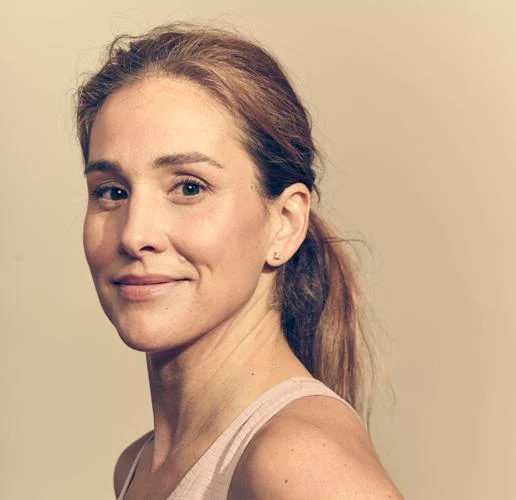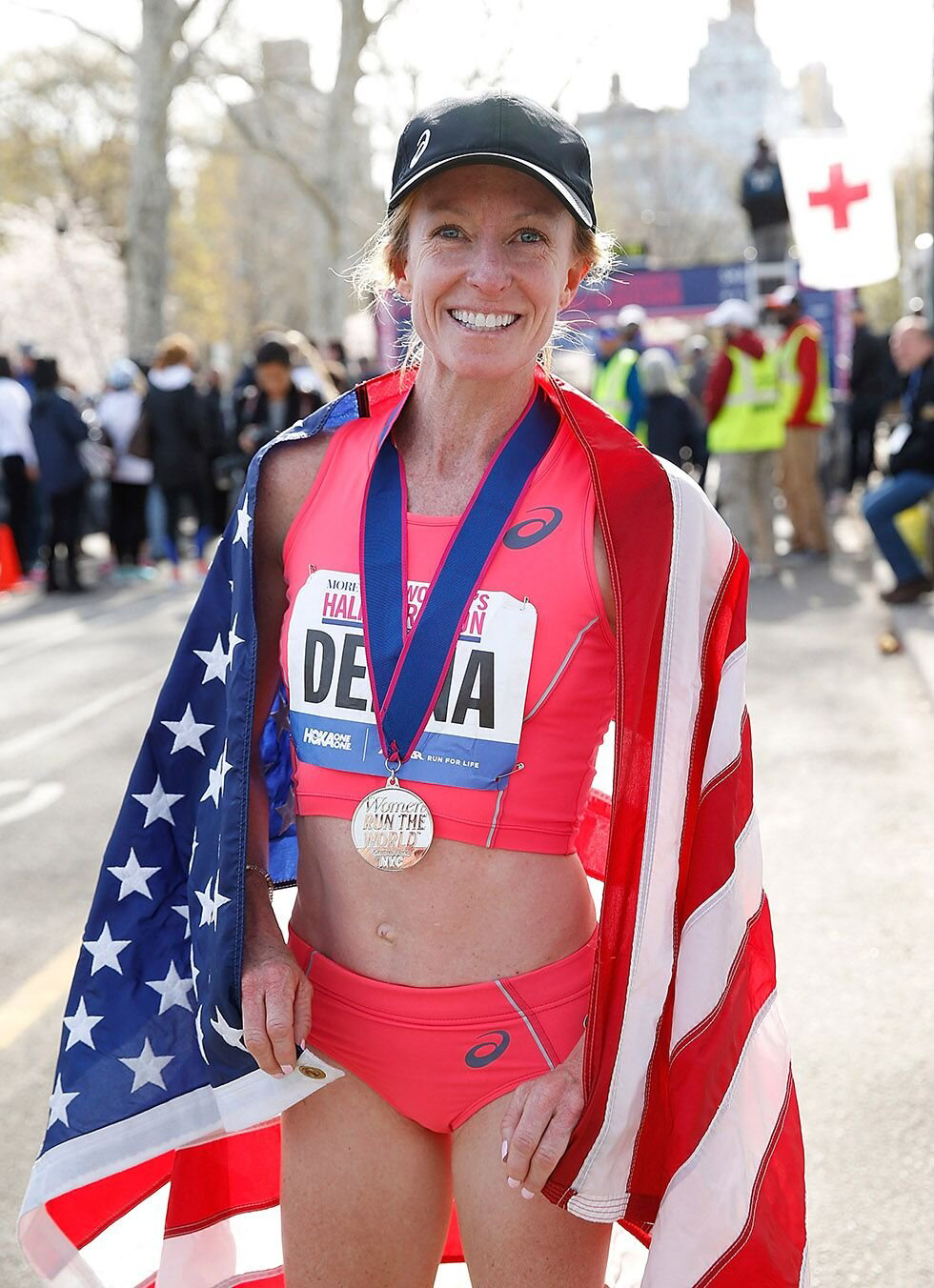Two experts in mental health and sport lift the veil on the crisis in women’s athletics, offering parents and coaches urgently needed advice and support and showing how female athletes can find joy in whatever sport they choose, at whatever level they compete.
Now Available!
From Publishers Weekly
Family therapists Steele and Brown debut with an empathetic guide to supporting female athletes at the high school and college levels. Illustrating the psychological challenges athletes face on and off the field, the authors describe how a college soccer player became clinically depressed after tearing her hamstring and watching “her team grow and thrive without her.” Opining on how parents can help their daughters through such hardships, Steele and Brown recommend making it clear that one’s love is not contingent upon athletic performance and refraining from pushing children to continue a sport if they no longer enjoy it. Suggestions for coaches can feel obvious (don’t “use personal attacks, belittling, or degradation to ‘motivate’”; focus “on sport-specific corrections, avoiding critiques about personality or appearance”), but the anecdotes make clear that such abusive practices remain common. (A 2021 exposé on the University of Oregon track-and-field team revealed that one coach would measure body fat with calipers to shame runners into losing weight, leading some to develop eating disorders.) Such stories outrage, and the advice on how to do better by female athletes is well-considered. This should be required reading for parents and coaches. Agent: Susan Canavan, Waxman Literary. (June)
Praise for The Price She Pays
-
No matter the sport, the message to girls and women is the same: Be aggressive, but not too aggressive. Win at all costs, but be polite while doing it. Get strong, but not too big. Female athletes have long been conditioned to perform under these standards, gracefully and without complaints.
Yet, behind the scenes, female athletes are suffering from disordered eating and substance use; depression and anxiety; emotional and sexual abuse; racism and discrimination; self-harm, and even suicide ideation. When global tennis star Naomi Osaka and gymnastics world champion Simone Biles took breaks from competing to tend to their mental health, many were compelled to ask: What is causing this mental health crisis in women’s sports? In The Price She Pays, Katie Steele and Dr. Tiffany Brown illuminate where we are going wrong—and how we can correct course.
Through first-hand accounts, research, and reporting, they reveal the deep layers of trauma and mistreatment women experience in their pursuit of excellence in sport. They show parents, coaches, and athletes how to recognize the signs of mistreatment and mental health issues, and reveal how, by focusing on the wellbeing of the whole person—not just the athlete— we can provide women and girls with the support they need to thrive, in whatever sport they choose, at whatever level they compete.
-
Katie Steele, LMFT is a former highly recruited D1 athlete who ran track and cross country for the famed University of Oregon team. After experiencing trauma as a college athlete, she dedicated her career to the integration of mental health care in athletics. She is now a Licensed Marriage and Family Therapist, co-founder of Thrive Mental Health, and founder of Athletes Mental Health Foundation.
Tiffany Brown, Ph.D., LMFT, is an award-winning, senior faculty member at the University of Oregon Couples and Family Therapy graduate program, and a Licensed Marriage and Family Therapist, who works with student athletes and provides mental health education for coaches and staff. She is the chief science officer of Athletes Mental Health Foundation.
Erin Strout’s work has appeared in Washington Post, ESPN, SELF, Outside, Runner’s World, Women’s Health and more.







